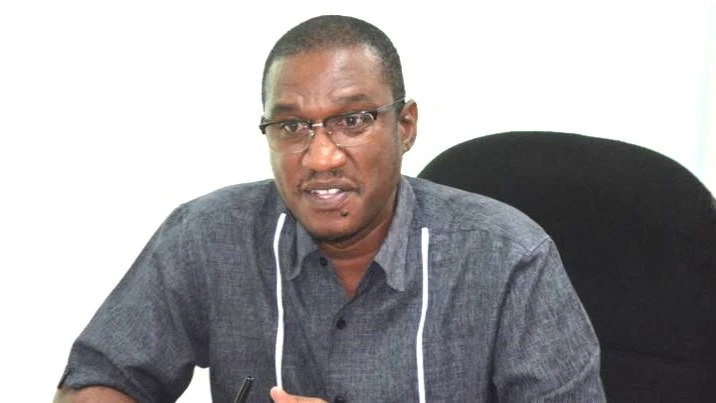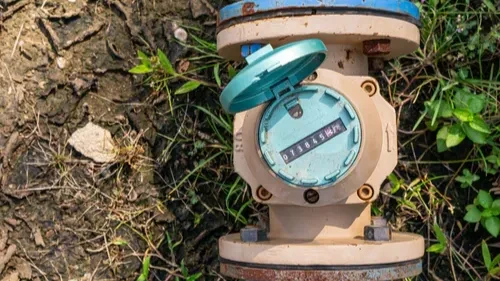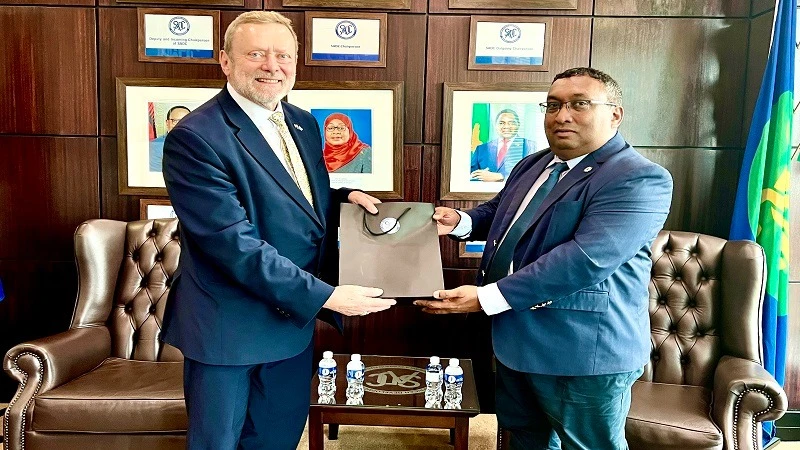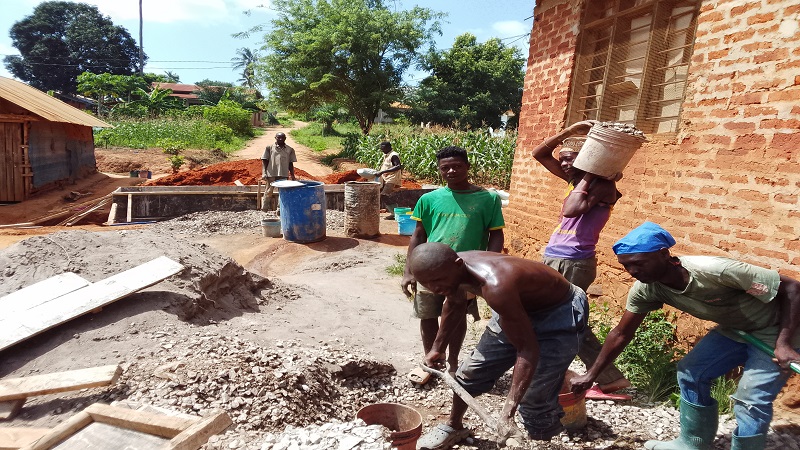Legal right to clean, safe and healthy environment
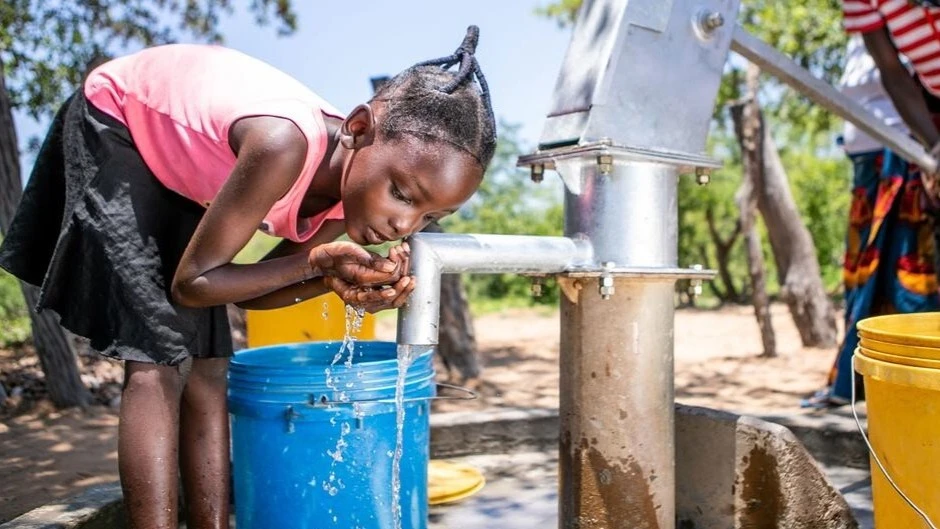
LAST week, we briefly looked at positive parenting and the protection of children’s best interests and welfare as provided for in the Law of the Child Act and the Convention on the Rights of the Child, and the African Charter on the Rights and Welfare of the Child.
Section 4 of the Law of the Child Act provides for the protection of children’s best interests. Subsection (1) provides that “The best interests of a child shall be a primary consideration in all actions concerning children whether undertaken by public or private social welfare institutions, courts or administrative bodies.”
In the Law of the Child Act and in the Convention on the Rights of the Child, and the African Charter on the Rights and Welfare of the Child the best interests of the child are prioritised. It is through doing this that children can grow in a friendly and enabling environment and can meet their needs and be fulfilled.
Today, I invite you to look at climate change which continues tormenting the world and people in different ways. We may recall Pope Francis’ Spanish expression which relates our relationship with nature. He said “God forgives, we forgive sometimes, but nature never forgives.” He mentioned this in relation to the role we play in environmental degradation and pollution which results in disastrous consequences that affect all of us without leaving anyone behind. Think of the damage caused by floods, cyclones, rainstorms, scorching sun, bushfire, invasive species, and so on. All these do not select the country, people or place to affect.
Section 4 of the Environment Management Act, 2004 provides for a right to a clean, safe and healthy environment. Subsection (1) provides that “Every person living in Tanzania shall have a right to a clean, safe and healthy environment.”
Section 6 provides for a duty to protect the environment. It stipulates that “Every person living in Tanzania shall have a stake and a duty to safeguard and enhance the environment and to inform the relevant authority of any activity and phenomenon that may affect the environment significantly.” It is through this that we can take care of nature.
There are national, regional and global concerns for the protection and conservation of the environment, which include minimising environmental, air and water pollution. Unless we do something about climate change it means we are going to face more catastrophes.
A report titled “State of the World’s Migratory Species 2024” published by UN Environment Programme World Conservation Monitoring Centre (UNEP-WCMC), a global centre of excellence on biodiversity, decries biodiversity loss which has resulted in deterioration in conservation status.
It says “the impacts of climate change are already being felt by many migratory species, and these impacts are expected to increase considerably over the coming decades, not just as a direct threat to species, but also as an amplifier of other threats.”
The report suggests that given the breadth and scale of the pressure facing migratory species, coordinated international action is urgently needed to reverse population declines and preserve the affected species and their habitats. This coordinated international action can be taken at local level when a country implements it according to its own context.
Another report titled “The State of World Fisheries and Aquaculture: Blue Transformation in Action 2024” published by FAO says fishery stocks face major challenges from climate change and disasters, water scarcity, pollution, biodiversity loss and other anthropogenic impacts. It adds that effective fisheries management leads to stock recovery and increased catches, calling for urgent action to expand its enforcement to reverse the declining trend.
Therefore, this report suggests, poor governance causing environmental degradation and habitat destruction (leading to pressure on resources), overfishing, diseases and invasions by invasive species can be mitigated through responsive and effective governance promoting stringent fisheries management regimes, responsible aquaculture growth and improvements in technology, innovations and research.
A UNESCO report titled “State of the Ocean Report 2024” says ocean warming from the surface down to the abyss is happening at an unprecedented pace and the rate is accelerating. “The main and well-known consequences include rising sea levels, alterations in ocean currents and dramatic changes in marine ecosystems.” These have long-term effects on biodiversity and ecosystems.
All these three reports point at one thing – the urgency of human responsibility to protect and preserve nature for it is through this that we can be sure of the future we want. Thus, the duty to safeguard and enhance the environment is ongoing and all of us are duty-bound to prevent environmental degradation and pollution so that we may live in a clean, safe and healthy environment.
People may be aware of the effects of climate change, but may lack the consciousness to take right steps to mitigate them. One way of mitigating climate change effects is through the planting of trees and keeping them as well as protecting water sources. Accelerating climate change can be like cutting a tree branch we are sitting on. Thus, all actions we do should mitigate rather than accelerate climate change.
Today’s quote: “The only way forward, if we are going to improve the quality of the environment, is to get everybody involved.” – Richard Rogers.
· The author is a Dar es Salaam-based lawyer. He can be reached at [email protected]
Top Headlines
© 2025 IPPMEDIA.COM. ALL RIGHTS RESERVED













